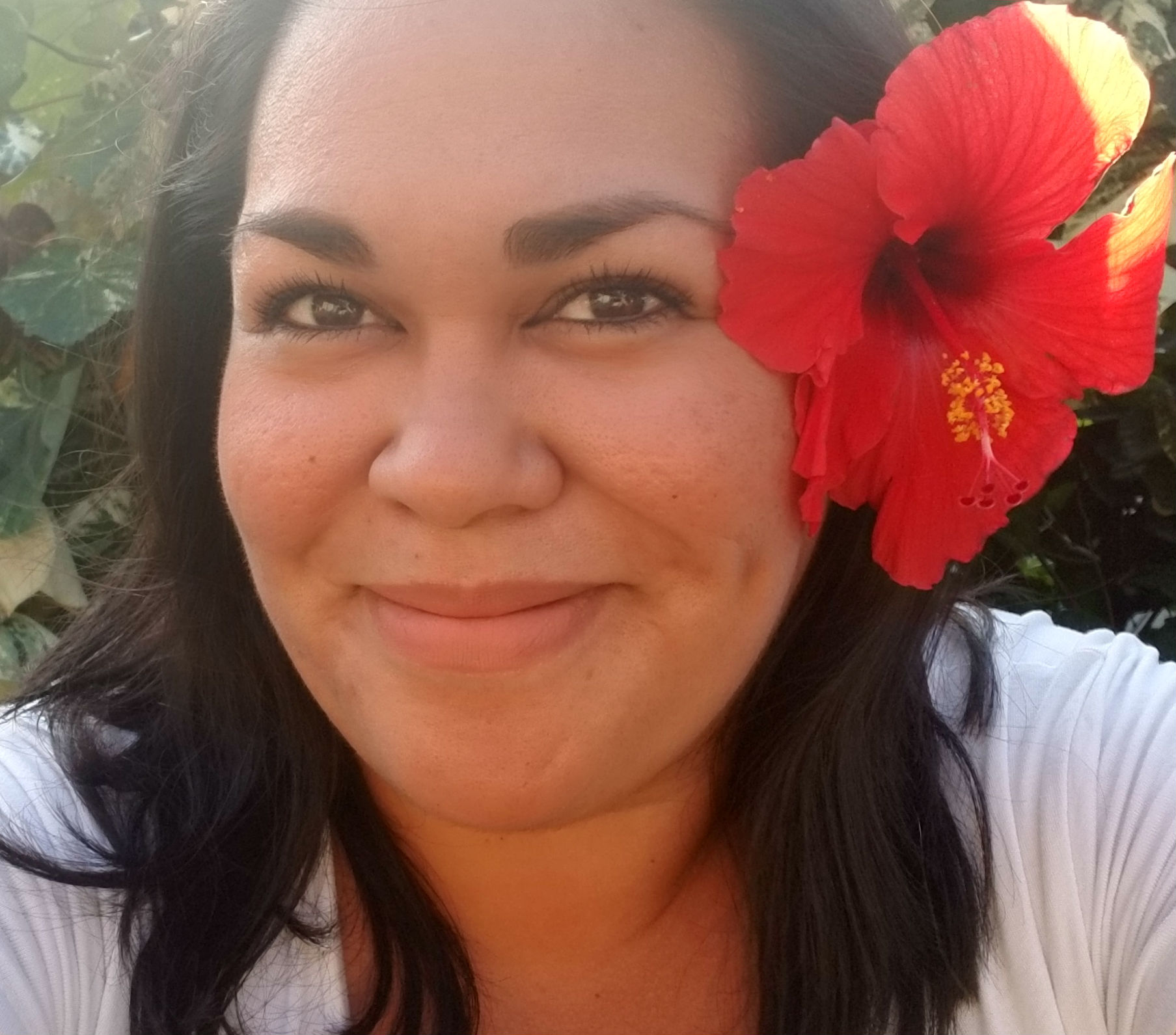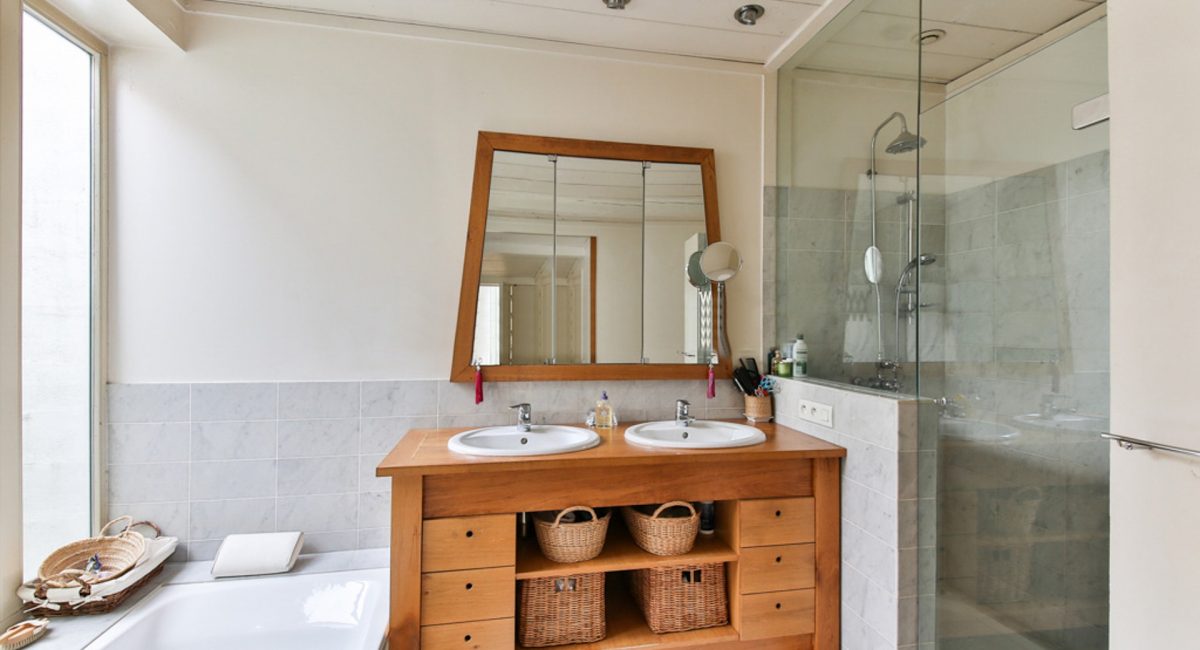What is an Earnest Money Deposit in Real Estate?
BY KAPINA LANSDALE

When you’re ready to make an offer on a home and also want to prove to the seller you’re serious about your offer, having an earnest money deposit also known as EMD can prove your commitment.

“Earnest money deposit is also known as a good faith deposit.”
What Is Earnest Money?
Earnest money is an amount of money you put down to show you’re serious about purchasing a home. It’s also known as a good faith deposit. When a buyer and seller enter into a contract, the seller takes the home off the market while the transaction moves through the entire process to closing.
This money is typically around 1% to 3% or more of the sale price and is held in an escrow account until the deal is complete. If all goes smoothly, the earnest money is applied to the buyer’s down payment or closing costs.
Does The Seller Hold Onto The Money?
No, in most cases, the earnest money deposit is held with the escrow company. These funds will be deposited either directly by you or your agent to the escrow company of choice.

Why Should You Pay Earnest Money?
Earnest money isn’t always a requirement, but it could be a necessity if you’re shopping in a competitive real estate market. Sellers tend to favor these good faith deposits because they want to ensure that the sale won’t fall through. Earnest money can act as added insurance for both parties in the transaction.
Earnest money could also lower the amount you need at closing because it’s applied directly to your down payment or closing costs. Essentially, you’re just putting up some of the money earlier in the process.
How Much Earnest Money is Enough?
The amount of earnest money you should offer depends on the real estate market your desired property is in. A languishing real estate listing in a slow market may not need as much earnest money as in a hot market with multiple buyers who are vying for the same property. If you plan to purchase in a neighborhood where cash offers and bidding wars are common, a higher good faith deposit is a good idea.
If you’re working with a real estate agent, they should be able to provide direction on how much earnest money you should offer. If you’re competing with others for the same property, it’s in your best interest not to undercut the earnest money deposit amount because you could lose the home to a stronger offer. If it’s a slow or moderate market, your agent can advise you if a good faith deposit in the standard range will suffice.
Can I Get My Earnest Money Back?
Yes, earnest money has contingencies that protect both the seller and buyer in certain situations. When you make an offer on a home and the seller accepts, the sale is only finalized when contingencies, or certain criteria, are met. They are listed in the purchase agreement and cover the inspection, appraisal and mortgage approval.
Looking to Buy a Home?
If you or someone you know is looking to buy a first home, please Contact me. I would be honored to help make home ownership a reality. For more helpful tips and island information Join my Newsletter and be the first to get notified on new updates.
